Privacy policy
Privacy Policy for Blogger (BlogSpot)
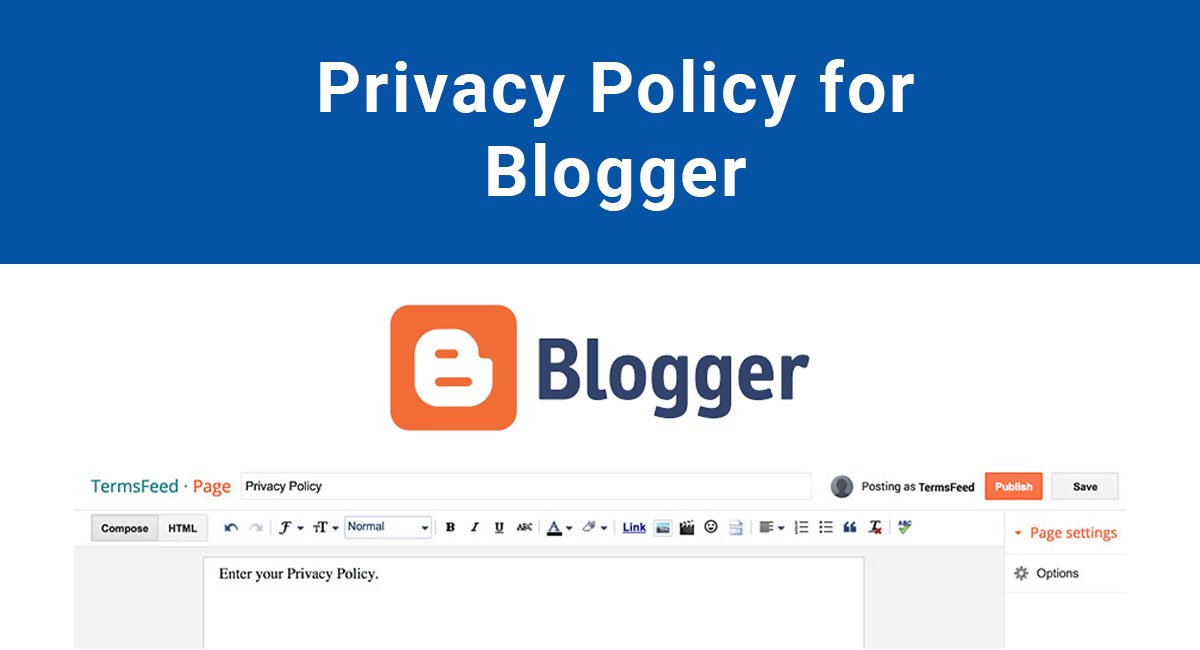
Blogger (BlogSpot) doesn’t specifically require bloggers to have a Privacy Policy.
But you may need a Privacy Policy especially if you want to sign-up with your blog for the Google AdSense program to show ads through your blog.
Contents
A Privacy Policy may also be required by law even if not required by Blogger (BlogSpot) directly.
The Privacy Policy agreement is a legal agreement where you let your readers know:
- What personal information you collect from them,
- How you collect, use and store this personal information,
- Why you need this personal information, and
- If you let any third parties collect, use or store this personal information
Privacy clauses for a blog
A few examples of clauses that should be part of your blog’s Privacy Policy:
- Information Collection And Use.This is where you inform users what personal information is being collected and how that collected data is used.
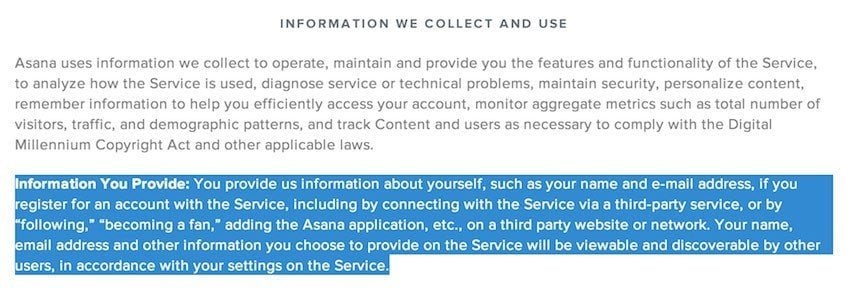
- Log Data.Certain data is collected automatically by the web browser used by the reader (i.e. IP addresses, type of browsers such as Firefox or Chrome etc.) and through this clause, you inform the reader about this automatic collection of data.
- Cookies.This is also required by the EU Cookies Directive, but also by many third parties that you may end up using for your blog, such as Google AdSense, Google AdWords, and others.
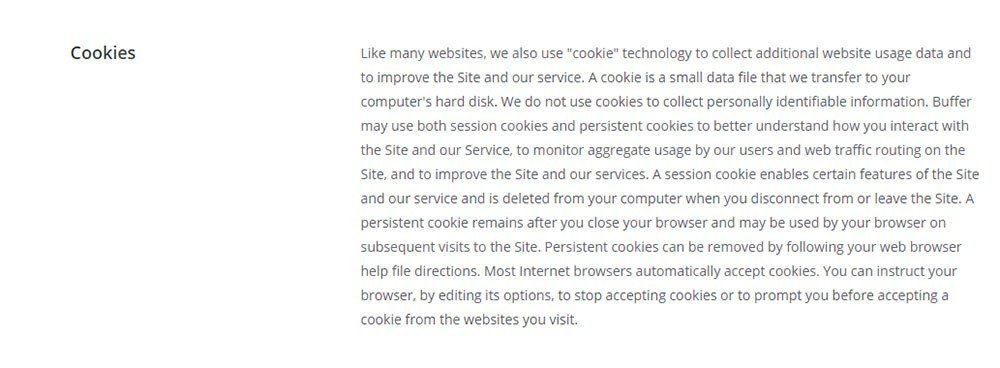
- Links To Other Sites.This clause is usually used by individuals and companies to inform that their websites will contain links to other websites that are not controlled or owned by them.
Even if you don’t collect, use or store any personal information from your readers, having a Privacy Policy on your blog still comes with a huge benefit. With privacy issues being more important than ever these days, users are considering Privacy Policies a sign of trustworthiness.
If you don’t collect, use or store personal data, let users know that. Your Privacy Policy can be short and to the point, letting users know you don’t do anything with their data.
Here’s an example from Ecquire that makes it really clear that they don’t have any of your data, and it’s done in a humorous way:
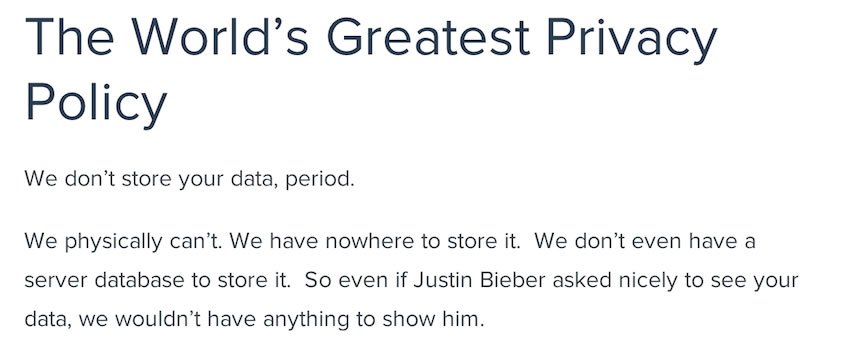
Blogger (BlogSpot) requires Privacy Policy
Blogger (BlogSpot) itself, through Google’s Terms of Service agreement or even through its own Content Policy, does not specifically require you to have a Privacy Policy for your blog.
However, if you sign-up for Google AdSense to show ads through your Blogger (BlogSpot) blogs then you’re required by Google AdSense program rules to have a Privacy Policy.
Google AdSense triggers Privacy Policy requirement
If you sign-up to use Google AdSense to show ads, Google states that you must include the following in your Privacy Policy:
- Include information that third-party vendors, including Google, use cookies to serve ads based on a user’s prior visits to your blog
- Include information related to Google’s use of the DoubleClick cookie. This cookie enables Google to serve ads to your users based on their visit to your blog and/or another blog on the internet
- Include information that users opt out of the use of the DoubleClick cookie for interest-based advertising by visiting Ad Settings page from Google.
Here’s exactly what Google says in “Section 8.” of AdSense Terms agreement:

It reads:
Our privacy policy explains how we treat your personal data and protect your privacy when you use our Services. By using our Services, you agree that Google can use such data in accordance with our privacy policy. You will ensure that at all times you use the Services, the Properties have a clearly labeled and easily accessible privacy policy that provides end users with clear and comprehensive information about cookies, device-specific information, location information and other information stored on, accessed on, or collected from end users’ devices in connection with the Services, including, as applicable, information about end users’ options for cookie management. You will use commercially reasonable efforts to ensure that an end user gives consent to the storing and accessing of cookies, device-specific information, location information or other information on the end user’s device in connection with the Services where such consent is required by law.
Email subscription forms triggers Privacy Policy requirement
Blogger (BlogSpot) also allows bloggers to insert an HTML widget where an email newsletter subscription form can be used.
Readers of your blog can enter their email addresses to subscribe to your newsletter.
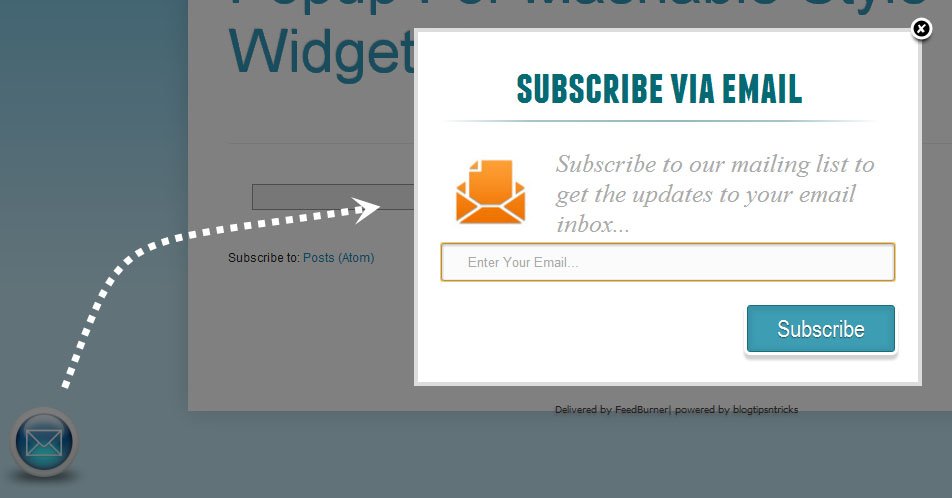
Because you’ll be collecting personal information — the email address — through this form, you’ll need a Privacy Policy to stay compliant with the law:
- In the US, CalOPPA requires you to have a Privacy Policy if you collect email address from users
- In Canada, it’s PIPEDA
- In Australia, it’s the Privacy Act of 1988
- In the UK, it’s the DPA
- In India, it’s the IT Act of 2000
- And so on.
How to add a Privacy Policy on Blogger
Here are a few quick and easy steps on how to add a Privacy Policy for your BlogSpot blog:
- Sign in to your Blogger account. If you run more than one blog, select which blog you want to add the Privacy Policy to.
- Look in the left menu and click Layout.
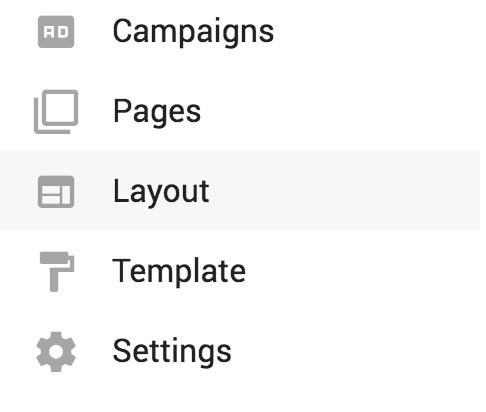
- Decide which section you want your Privacy Policy to show up in. Head to that section and click Add a Gadget.

- A window will appear. From the “Pages” section, click the Addicon.

- After adjusting your settings as you want, click Save.
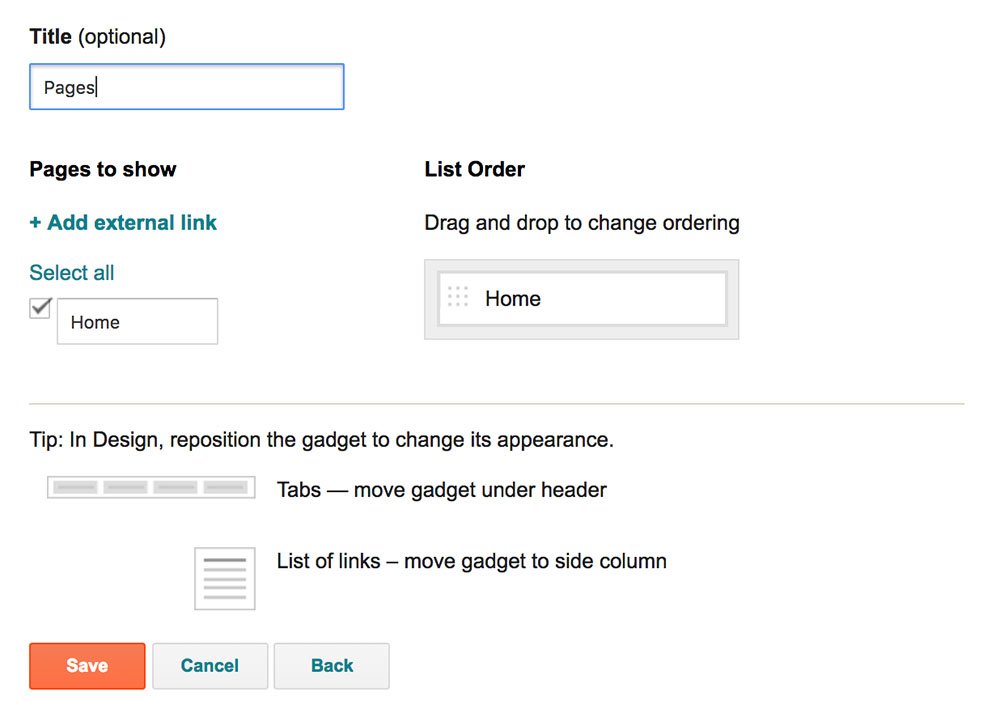
- Add a new page to contain your Privacy Policy by selecting Pagesin the left menu.
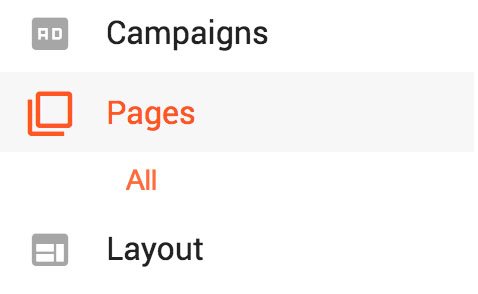
- Click on New Page.

- You can now enter the title of your page, “Privacy Policy”, and the content for the page.Use the Privacy Policy Generator to generate the policy for your blog. You can copy the text on BlogSpot soon after you create it.

- When done, click Save. Click Publish to publish it to your blog.
Apr 30, 2017
This article is not a substitute for professional legal advice. This article does not create an attorney-client relationship, nor is it a solicitation to offer legal advice.
Help? Just ask.



Comments
Post a Comment